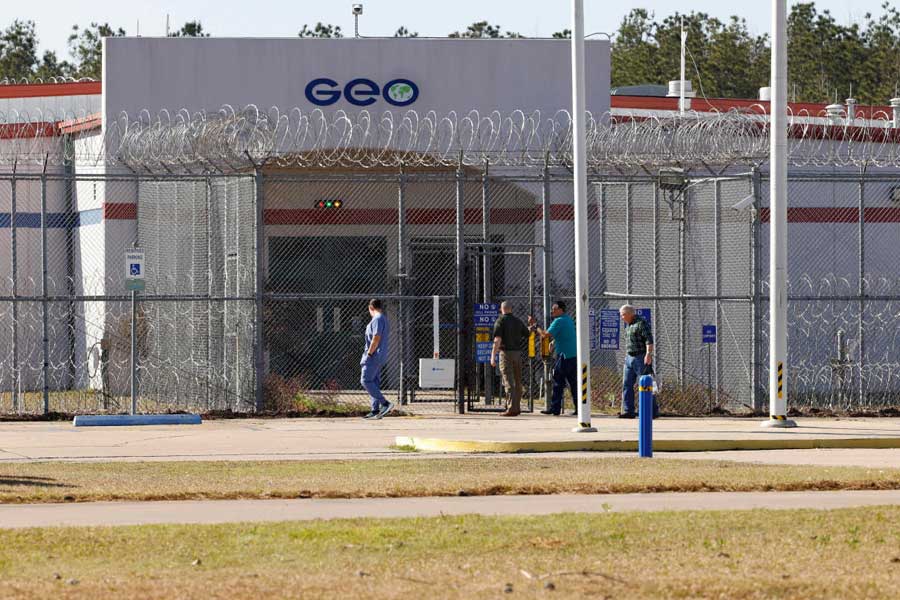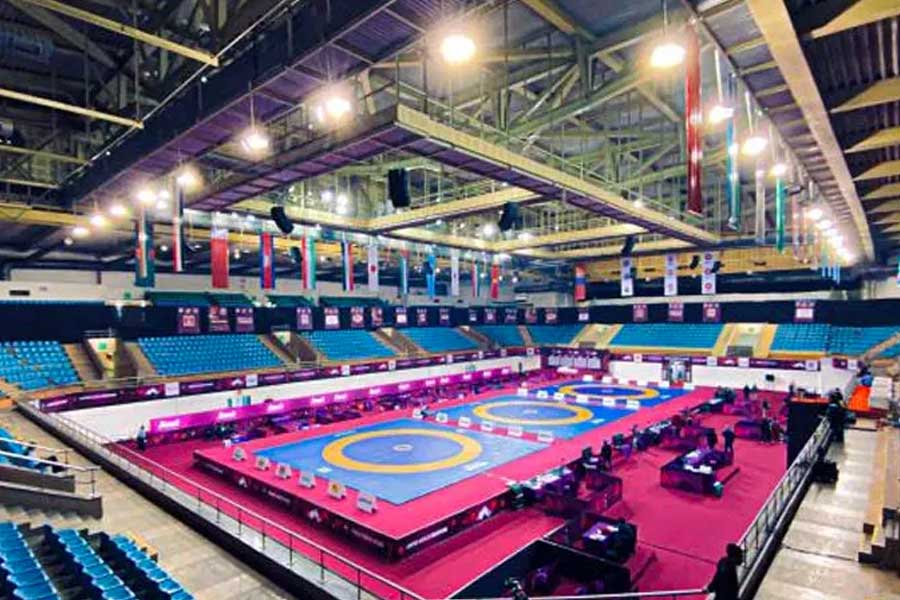For most of last year, thousands of Russians and Ukrainians flocked to the Indonesian island of Bali to escape the war. There they found refuge in a tropical paradise where locals rolled out the welcome mat for Ukrainians fleeing the shelling and Russians dodging the draft.
Then, a Russian influencer scaled a 700-year-old sacred tree, naked. After that, a Russian street artist painted an anti-war mural on a private house, and a Russian teenager was caught vandalising a school.
A string of recent motorbike collisions involving Russians and Ukrainians has raised questions about traffic safety on the island. Now, the once-welcoming Balinese people have had enough. Confronted with a barrage of complaints, the governor of Bali, Wayan Koster, announced earlier this month that he asked the Indonesian government to revoke Russia’s and Ukraine’s access to the country’s visa-on-arrival programme.
He said many of those who have flocked to Bali to avoid the war has not only violated a number of local laws but have been seeking jobs while on short-term tourist visas. (Obtaining a visa on arrival is usually instantaneous, requiring a $33 fee and no paperwork.) The Balinese have long endured badly behaved tourists in mostly isolated incidents. Now, they complain regularly of half-naked foreigners riding motorbikes and desecrating objects that are considered sacred on the predominantly Hindu island.
“It’s like they live in a bubble and they don’t care about what’s outside the bubble,” said I Wayan Pardika, 33, a Balinese tour guide for a hotel. “For them, it is OK to be half naked, with only a bikini and driving around without a helmet. But they don’t see that it’s not so for the locals around them.” The Balinese were initially sympathetic to the plight of the new émigrés. Many extended credits for car and home rentals to Russians, who found themselves cut off from the international payments system because of sanctions.
After being sealed off for two years during the coronavirus pandemic, they were eager for income. But later, they discovered that many Russians had taken on jobs on the island — as surfing instructors and tour guides. Some started their own car and home rental businesses, violating the laws governing tourist visas and taking away from local income. “We opened our doors, we opened our arms, and we welcomed them with a big smile,” said Niluh Djelantik, the founder of a luxury shoe brand in Bali. “But our kindness has been taken for granted.”
Many Balinese say part of the issue is that the authorities are struggling to cope with the sudden influx of Russians, who now makeup the second-biggest group of tourists on the island after Australians. In May 2022, the Indonesian government added Russia and Ukraine to the list of countries eligible for its visa-on-arrival programme. The visas allow Russians and Ukrainians to stay for an initial period of 30 days.
New York Times News Service










